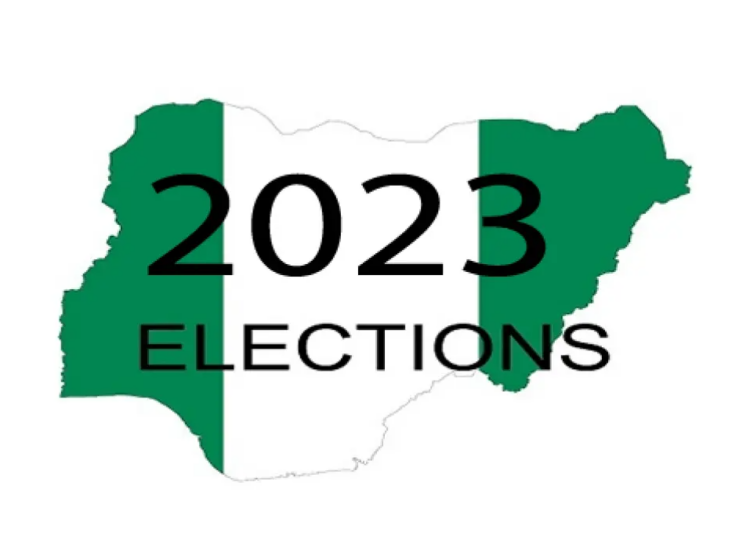Politicians are, arguably, a peculiar specie of merchants, always inventing their own trade from the sentiments and emotions of the people at all times. Inexplicably, the people manage to make themselves vulnerable through a gullible disposition that exposes them to the exploitations of the political class.
Otherwise, how else can anyone explain the inciting rhetoric from some of the politically-exposed persons, irrespective of party affiliation, days after the 2023 general elections? Regardless of the controversy that trailed the management of the polls, we consider it laughable, if not ridiculous, that a section of the political class claims that there were no elections or that what the nation experienced was a charade. Surprisingly, in our view, these same critics go ahead to assert that their candidates won in the same democratic exercise they are maligning.
The presidential candidates of the Peoples Democratic Party (PDP) and Labour Party (LP), Atiku Abubakar and Peter Obi, acting within their rights, have rejected the results of the February 25 presidential election announced by the Independent National Electoral Commission (INEC), with each of them claiming to have won the election. Already, the electoral body has declared the All Progressives Congress (APC), Bola Ahmed Tinubu as winner.
They have both filed their petitions at the tribunal, but unfortunately political rhetoric continues creating, in the process, what is perceived as needless tension in the land.
Winning elections, in our opinion, is not about the election day, but about planning and strategizing well in advance. It involves ensuring that party foot soldiers are in key positions to ensure that the much-needed patronage extends to those who can make a difference (getting votes or raising money). Also, it involves putting in place structures that can convince the electorate to vote in a particular direction that will guarantee electoral success.
As the elections are over, we aver that it is time to tone down the rhetoric. Both the winners and losers in the 2023 general elections as declared by INEC must play their part. Aggrieved candidates must stop making near impracticable demands. As the INEC chairman, Prof Mahmood Yakubu stated, there are legal processes through which they can seek redress.
The Nigerian Elections That I Witnessed
After many months of rumours that a section of the political class was planning for an interim government in order to truncate the results of the recently-concluded general elections, the Department of State Services (DSS), recently confirmed that the plot was real. This is how far politicians can take the joke, to plunge the country into unnecessary crisis.
The DSS said the planners of the interim government held several meetings during which they weighed many options to actualise their plot, including sponsoring endless mass protests across Nigerian cities, securing a warrant to declare a state of emergency or a court injunction to stop the inauguration of the executive and the legislature at the federal and state levels.
Protests, riots and violence tend to increase when people can’t or don’t address their differences in a more civilised manner by communicating and negotiating. A breakdown in what used to be the normal give and take between political parties is a major contributor to the current situation.
In our candid opinion, it is time the intelligence and security agencies rose to the occasion and faced the challenge of these subversive and destabilising elements squarely and with a very firm hand.
Recall that the 1993 election was put on hold and subsequently annulled after Justice Bassey Ikpeme issued a court order instructing the then electoral umpire to suspend results announcement after the late Moshood Kolawole Abiola (MKO) had taken an unassailable lead.
Ibrahim Babangida, former military head of state, annulled the 1993 election in which Moshood Abiola, Social Democratic Party (SDP) presidential candidate, was presumed the winner.
Following the annulment, a nationwide protest ensued, which forced Babangida to step aside and hand over power to Chief Ernest Shonekan on August 27, 1993, as the head of an Interim National Government (ING). The rest part of that journey is not a route we will want to travel again as a country after 30 years.
Our country needs healing, and we must all allow it to heal naturally. It is wrong for people to engage in counterproductive activities under any guise, simply because those they actually wanted did not emerge winners in the elections. The system may not be perfect, but we should not at the same time destroy what we have. Let the laws of the land take their course.
Nigeria is the only country we can call our own. Nigerians must, therefore, all work together to fulfil the dream of a nation of peaceful coexistence and abundant prosperity.





